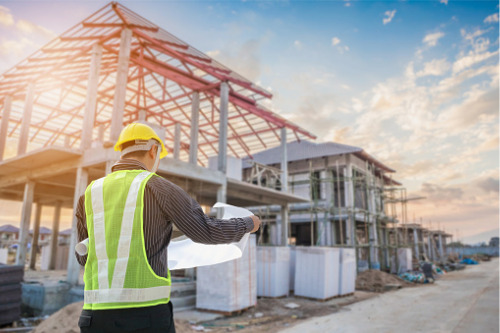Major city reported highest level of dwelling consents for a May month on record

Minister for Building and Construction Poto Williams has announced that New Zealand issued historic-high numbers of residential building consents in the year ended May 2021.
Statistics New Zealand’s (Stats NZ) latest data showed that the number of new homes consented in the year ended May 2021 was at an all-time high of 43,466 – a 17% increase from the May 2020 year.
Meanwhile, the number of new townhouses, flats, and units consented during the same period reached 1,380 – the highest number since records began in 1990.
In Auckland, annual dwelling consents soared 28% – bringing the number of dwelling consents issued in the last 12 months to 18,565. In May alone, Auckland Council issued 1,708 dwelling consents, the highest level for a May month on record.
“We are consenting more homes than ever before. In March, we reached an all-time high, and May results show we’re keeping this up, particularly when it comes to townhouses, flats, and units,” Williams said.
“These figures show a strong pipeline for the residential construction industry to deliver the homes New Zealanders need at levels we’ve never seen before.”
Read more: South Taranaki: Increase in new homes delays consent process
Williams stated that the construction sector was crucial to New Zealand’s economic recovery, and the latest consent figures “prove how resilient the sector has been in weathering the impacts of COVID-19.”
“Increases in higher-density housing are contributing to the great results we’re seeing,” Williams continued. “Higher-density and modular offsite manufacturing methods are key to helping New Zealand with the healthy, modern, and affordable homes we need.
Williams expects the new building laws to further support housing supply and affordability and enable new, innovative, and efficient building methods such as offsite manufacturing.
The Building Amendment Act, for example, now includes the provision of a new certification scheme for modular component manufacturers, streamlining the building consent process for new and innovative building techniques that could reduce building costs while delivering high-quality, affordable homes.
Meanwhile, the Construction Sector Accord, a partnership between the government and the industry, supports greater pipeline certainty so participants across the sector can have the confidence to invest in future skills and technology.
“The construction industry is doing a fantastic job of stepping up to the challenge of meeting demand, and our ongoing work with the Accord will help ensure the sector remains resilient and that we keep building on our capacity and capability,” Williams said.



